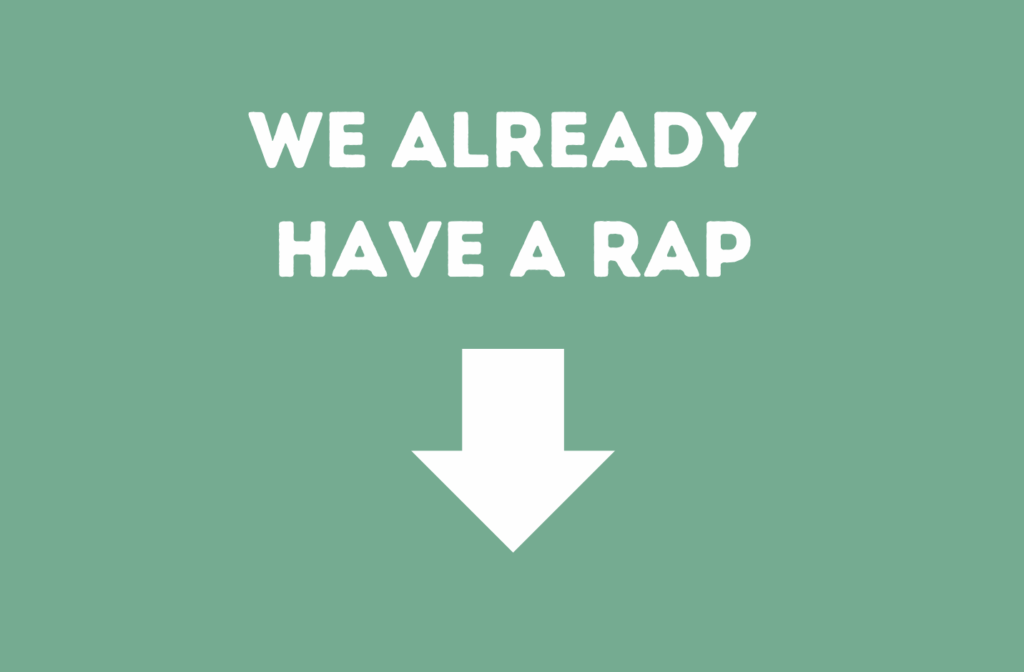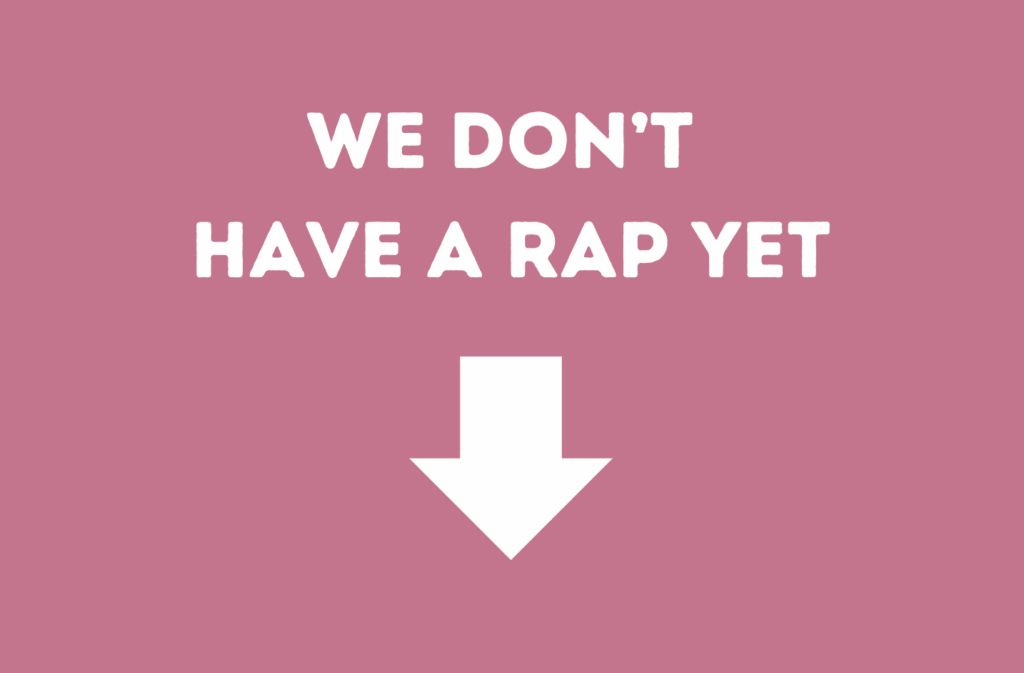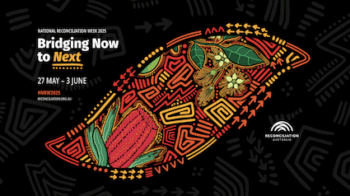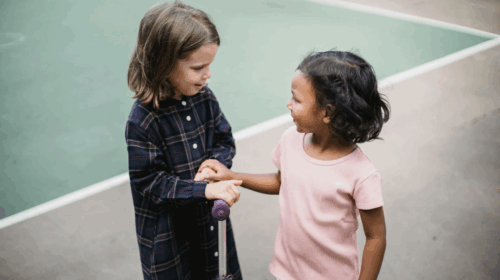Reconciliation Week: Where to next?
Share
National Reconciliation Week—held every year from 27 May to 3 June—is a time for all Australians to learn about our shared histories, cultures, and achievements, and to explore how each of us can contribute to achieving reconciliation in Australia.
Reconciliation Australia: National Reconciliation Week Factsheet
Did you know two key dates that bookend National Reconciliation Week?
May 27th marks the anniversary of the 1967 referendum to change the Australian Constitution to remove clauses that discriminated against Aboriginal & Torres Strait Islander peoples.
June 3rd is also known as Mabo Day; recognising the historic High Court decision on Native Title.
Developing a school Reconciliation Action Plan (RAP) is surely one of the best things your school can do to further reconciliation. According to Reconciliation Australia, 40% of Australian schools have a Reconciliation Action Plan (RAP). If you do, share your progress to inspire others. If you don’t, this year may be the year to start.


If your RAP working group has refreshed your RAP this year, or is on track to do it, share your progress to encourage others.
It’s natural for RAP working groups to change over time as staff, families and community members move on. If you need inspiration to get things going again, view this year’s theme page. With resources now available in 13 languages, make this year the one to engage the linguistically diverse in your school community.


If you have reached out but feel on your own, you can still bring reconciliation into your classroom and continue your professional and personal development. There are so many resources available to support you in this journey – many of them free.
Resources
Narragunnawali provides free professional learning for teachers and curriculum resources to use with students.
ANTaR (Australians for Native Title and Reconciliation) provides support for the Sea of Hands project and has lots of up to date information about many important issues including Truth Telling and Treaty.
AIATSIS (Australian Institute for Aboriginal and Torres Strait Islander Studies) offers professional development and curriculum resources for teachers.
Organisations such as Evolve Communities offer webinars on allyship where you can engage with First Nations presenters and increase your personal knowledge. Find out about their Reconciliation Week webinar.
Together for Humanity provides free professional learning for teachers and online lessons and face to face programs for students.
cool.org (previously known as Cool Australia) has a variety of resources across year levels specifically for Reconciliation Week, along with professional learning.
Australians Together offer a range of resources for teachers including curriculum resources and professional learning for teachers.
About the Author
Kathleen (she/her) is a former primary school teacher. Her family came to Australia from Scotland and Ireland in the late 1800s. She was born on Mandandanji country in Roma and now lives and works on Kabi Kabi country on the Sunshine Coast, Queensland.
Copyright
Metadata © Together for Humanity (except where otherwise indicated). Digital content © Together for Humanity (except where otherwise indicated). Video © Together for Humanity (except where otherwise indicated). All images copyright their respective owners. Text © Together for Humanity is licensed under a Creative Commons Attribution-ShareAlike 4.0 International License (CC BY-SA 4.0).
Copyright
Metadata © Together for Humanity (except where otherwise indicated). Digital content © Together for Humanity (except where otherwise indicated). Video © Together for Humanity (except where otherwise indicated). All images copyright their respective owners. Text © Together for Humanity is licensed under a Creative Commons Attribution-ShareAlike 4.0 International License (CC BY-SA 4.0).
- Stage: All
- Curriculum: All
- Topics: Reconcilation

